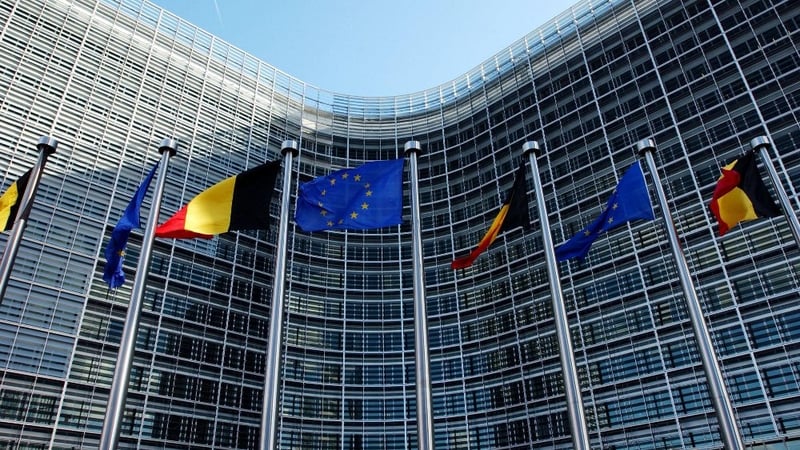Euro zone private sector growth accelerated more than initially thought in December as firms took on staff at the fastest pace in almost half a decade, a new survey shows.
The pickup in activity, however, came at the cost of companies cutting prices again, Markit's Purchasing Managers' Index showed.
The data may also lead to renewed calls for further stimulus from the European Central Bank.
So far, the ECB has failed to lift inflation anywhere near its 2% target ceiling despite buying €60 billion a month of mostly government bonds since March 2015.
Official data yesterday showed that annual inflation stood at 0.2% in December, lower than expectations, while a core measure excluding energy and food prices slowed for the second month in a row.
"Given that we have seen almost a year's worth of quantitative easing, there is a concern that policy is proving somewhat ineffectual," said Chris Williamson, chief economist at survey compiler Markit.
He said the survey pointed to mild economic growth in the final three months of 2015.
"Despite the improvement, the survey data signal a modest 0.4% increase in gross domestic product (GDP) in the fourth quarter, which would mean the euro zone grew 1.5% in 2015," he said.
The PMI for the bloc's dominant service industry was 54.2, unchanged from November but up from a flash reading of 53.9.
That helped pull the final composite PMI up to a four-month high of 54.3 from November's 54.2, higher than an earlier estimate of 54.
The composite output price index for December was stable at 49.5, the third month below the 50 mark that separates growth from contraction, suggesting it could take even longer for inflation to rise to near the ECB's target.
But firms added new jobs at the fastest rate since May 2011 anticipating better business this year. The employment sub-index was 52.8 in December from 52.2.
The unemployment rate in the euro zone has steadily declined over the past year, although at 10.7% in October it was still double the rate of that in the US and varying widely between countries of the monetary union.
Last year also closed with strong business expansion in Italy, the composite PMI for which hit its highest point in almost five years.
